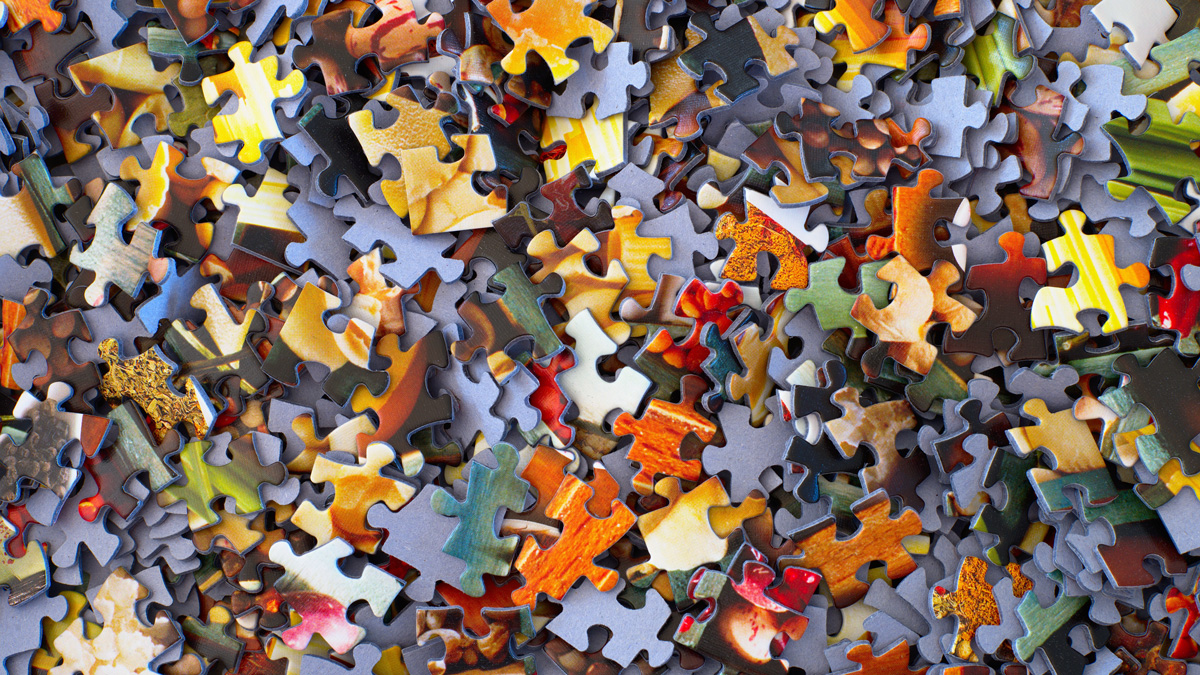 Hans Peter Gauster
Hans Peter Gauster“We need to talk about mental health.”
The University of Alberta campus is full of mental health posters, and it makes me wonder if everyone is struggling.
I think that being emotionally well is definitely one of the most, if not the most, important thing in someone’s life. The constant push on campus to come forward about one’s own mental health issues makes me frustrated. To explain why I will give some brief context here. I landed in Edmonton two years ago from Prague with a suitcase, a pocket of hope, and emotional baggage. The adjustment to a new life and place took a toll on my mental health. When I started university feeling like shit, all the mental health “Are you sad?” posters made me feel even worse; I was constantly reminded of my emotional state and to top that off I felt under pressure to seek help. Not only that, but I also wondered if other people are struggling, because the amount of mental health awareness made me wonder if it actually is that big of an issue. To clarify, I am not against seeking psychological help nor am I advocating against the mental health services on campus. I’d be a hypocrite then, considering I ended up seeking help myself.
What does “we need to talk about mental health mean?” Who is “we”? Students of the U of A? Who am I supposed to talk to? What do we mean by “mental health”? How to deal with mental health issues? I think we do have to talk about mental health with people we are close with, however, this global initiative to encourage people to open up seems unsettling to me, because someone who is struggling will want to seek out help, because they want to, not because university tells them to. We are all talking about how we have to talk about mental health, but then, are we actually talking about it? Or just talking about how we should talk about it? I volunteered for a mental health awareness group on campus and I didn’t open up about how I felt to any of the volunteers, but I fought for ending the stigma by writing happy-go-lucky compliments. And what’s up with the ambiguity? Saying “my mental health is suffering,” is like going to the doctor and saying “my physical health is not okay,” when you have a broken leg. Are you sad? Angry? Lonely?
There might be a cultural difference. In the Czech Republic, and other European countries, people are blunt. It seems as though Czechs vent their emotions more readily and without a filter on a public level and that perhaps carries out into interpersonal relationships as well. I really appreciate the “no bullshit” attitude, because as much as I love Canadians and how nice they are, I also don’t like this cultural façade. To Europeans, North Americans are all big smiles and positivity. When I explained Canadian customer service to my Czech friends, their response was often “isn’t that a little, fake though?” and laughed at how strange that sounds.
In Canadian culture, there seems to be this unspoken social norm that we have to be happy, and if we are not, something is wrong. There is this cultural expectation to be happy, and I see that in the mentality, customer service and social media. We all laugh at posts like “21 things that only people with anxiety understand,” but these posts perpetuate the norm of hiding personal issues behind humour. It adds to my impression that Canadians don’t know how to communicate negative emotions. I know so many people here on medication. None of my friends back home take meds. Whether or not this is a coincidence, it leads me to believe my observations are not too far from the truth.
To be clear, I did not introduce cultural differences to advocate for a change of mentality or to propagate that Czech culture is better. I don’t have a firm solution, and I am glad that the university has several services regarding mental health. It is just distressing to me to think that if people are struggling so much, no one talks about it to a point where it is a massive issue that we try to solve by bouncy castles and selling baked goods. I identify as being Canadian, yet this cultural difference is still something I do not quite understand.




